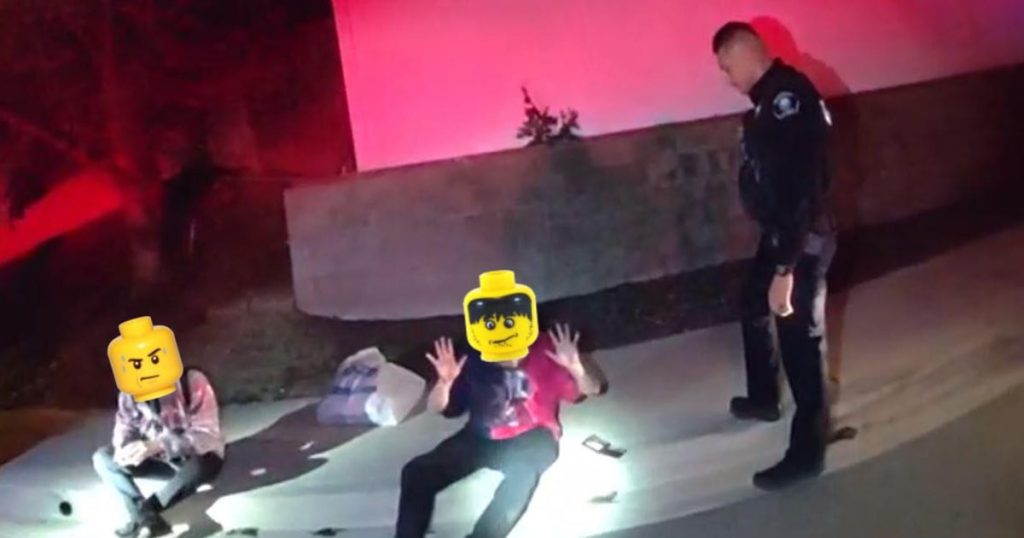The Murrieta Police Department in Southern California has been using Lego toy heads to cover the identities of suspects in photos shared on social media since November 2022. This practice drew attention after the department posted a statement on Facebook explaining why they covered faces in photos. However, Lego reached out to the police department on March 19, asking them to stop using their intellectual property in this manner. In response, Lieutenant Jeremy Durrant stated that they will comply with Lego’s request and are currently looking for other ways to share content that is engaging and interesting to their followers.
Despite concealing the suspects’ identities in photos, the Murrieta Police Department is committed to transparency with the community and respects everyone’s rights and protections as afforded by law. They aim to openly share what is happening in the city while still upholding the law. The California legislature made changes to Penal Code 13665 in July 2021, which now prohibits law enforcement from sharing photos of suspects arrested for nonviolent crimes. Additionally, Assembly Bill 994 was passed in September 2023, requiring agencies to remove suspect mugshots from social media within 14 days unless special circumstances apply.
It is clear that the Murrieta Police Department’s use of Lego toy heads to cover suspects’ faces in photos was an attempt to protect their identities while still sharing important information with the community. However, Lego’s request to refrain from using their intellectual property highlights the need to find alternative methods to engage with followers on social media. By complying with Lego’s request and exploring new ways to share content, the department is showing a willingness to adapt and adhere to legal and ethical standards while maintaining transparency with the community.
Social media has become a powerful tool for law enforcement agencies to communicate with the public and share information about ongoing investigations and incidents. However, it is important for agencies to be mindful of the legal implications and ethical considerations when posting photos of suspects or individuals involved in criminal activities. Legislation such as Penal Code 13665 and Assembly Bill 994 in California highlight the importance of protecting individuals’ rights and privacy while still providing transparent and informative updates to the community.
Overall, the interaction between the Murrieta Police Department and Lego regarding the use of toy heads to cover suspects’ faces in photos underscores the complexity of balancing transparency, privacy, and engaging content on social media. By navigating this situation in a respectful and compliant manner, the department is demonstrating a commitment to upholding the law while also adapting to new challenges and finding creative solutions to effectively communicate with the public. This case serves as a reminder of the evolving landscape of social media use by law enforcement agencies and the need to constantly evaluate and adjust practices to ensure compliance with legal requirements and ethical standards.


